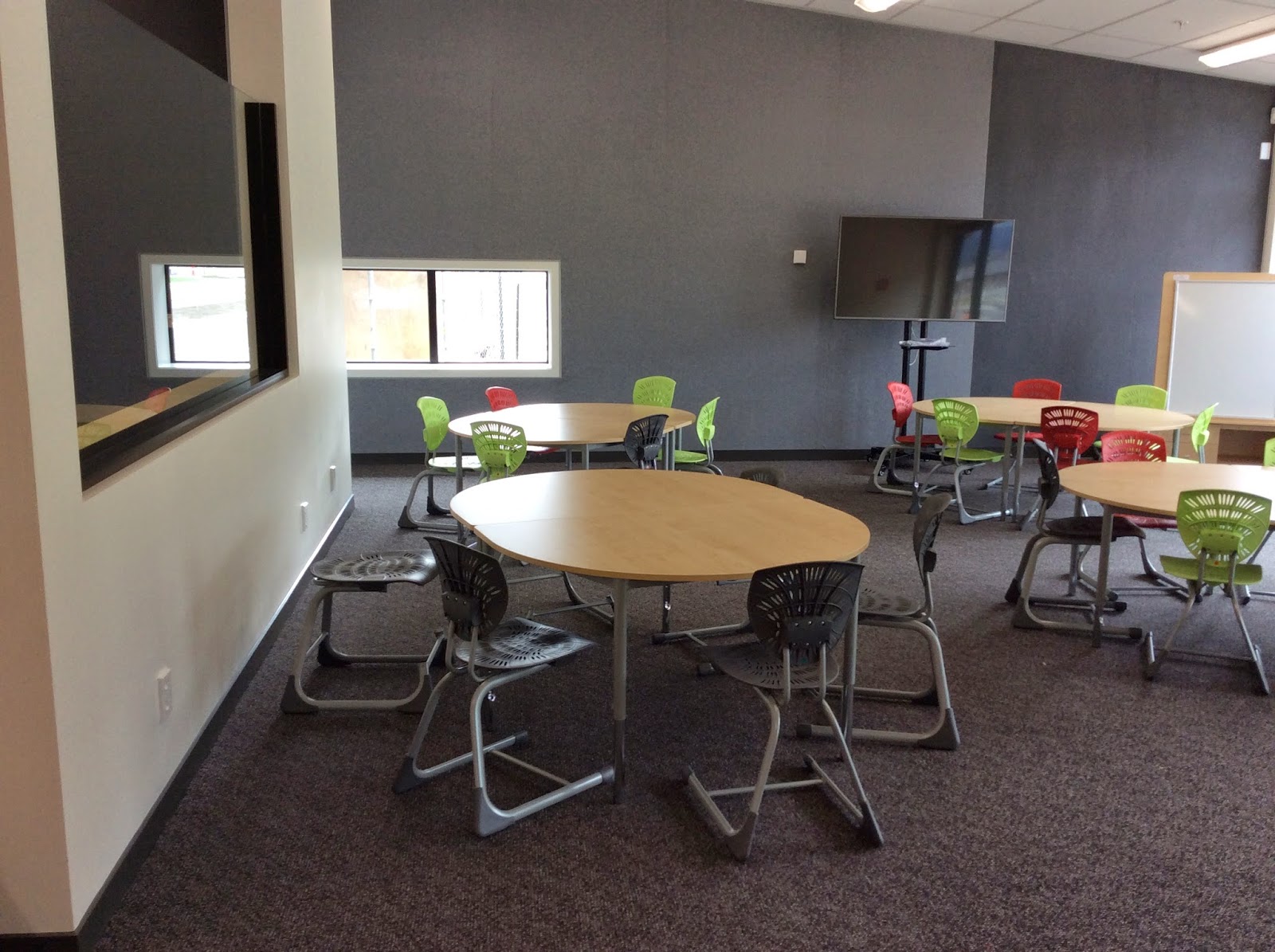My 3 Great Steps:
1 Seek transformative feedback (not just information) that requires action to grow leadership.
How? Ask specific questions, engage in professional conversations.
2 Prioritise and balance responsibilities.
How? Book in social time and exercise, cull to-do lists weekly, ask myself if my contributions are 'token' or if I can commit fully.
3 Activate my professional reading
How? Write about it, record my synthesis, record my what now, and talk about it.My biggest reflection on the year is that my goals were not great. They were mostly unmeasurable and non of them had a teaching focus - which meant that my teaching practice has not developed in the capacity that it could have.
My biggest achievement this year, has been what I've learned about myself and the way I deal with stress. Goal number two played a massive role here and creating time for myself has meant that I can read my own cues better to when I need to activate systems to deal with happenings.
There's been lots of highlights - being a part of the Innovation Incubator team, and the leadership that came with that, has been great. The team make-up was fabulous - serious enough but we had loads of fun, the topic was a passion of mine, and there has been so much learning! I've enjoyed taking a role in leading our team in some development around feedback and capacities also. And my team have been brilliant! I couldn't have asked for better people to work with.
Looking into next year I really want to bring my focus back to the classroom and the habitat. The leadership stuff will happen, now that I have got myself into it. I want to ensure that I'm modelling and promoting school-wide practices like capacities and learning conversations, which can run through progress pebbles.
- Use of capacities to drive reflection/evaluation of progress
- Learning conversations/conferences/parent involvement
- Instructional techniques to achieve pebbles












